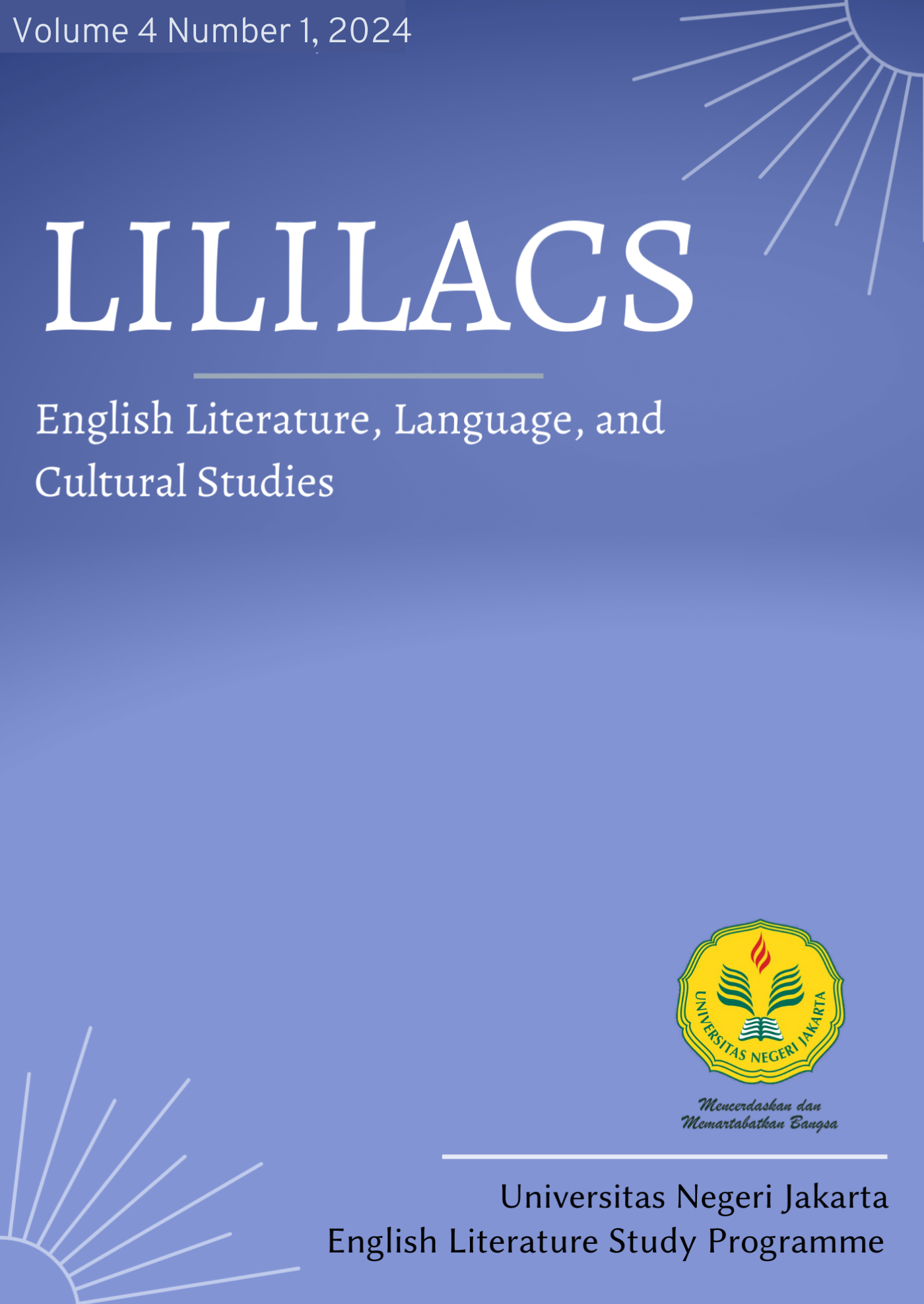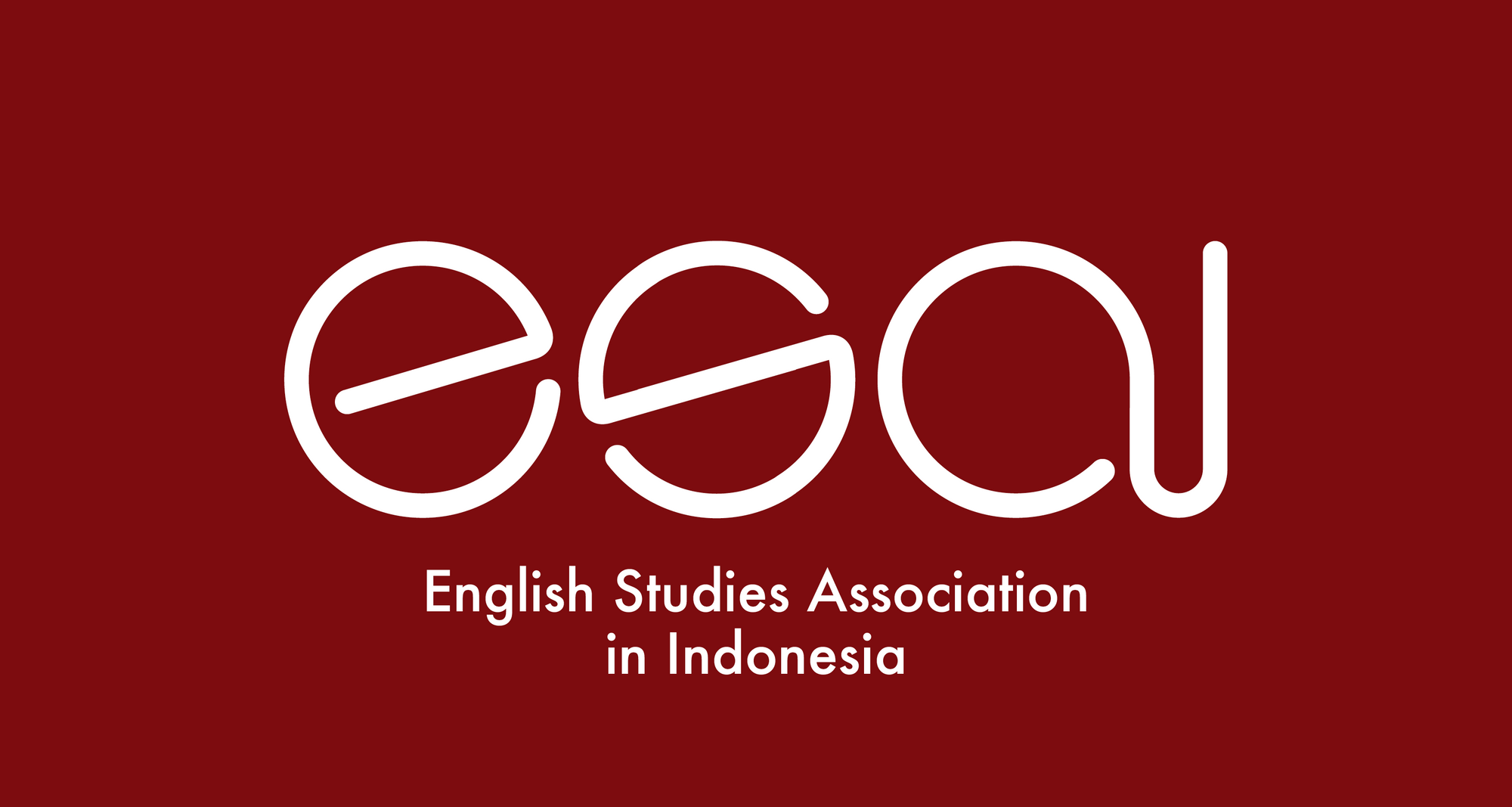The Lord of the Flies: Deconstructing the ideas of human civility
DOI:
https://doi.org/10.21009/lililacs.041.03Keywords:
Civility, Savagery, Bloodlust, ColonialismAbstract
‘The Lord of the Flies’ penned by Henry Golding challenges the notions and ideas we as human beings perceive ourselves to be, civilised, good-natured and kind, as compared to who we are in actuality. Golding, inspired by his own experience, crafts this brilliant narrative that wills its viewers to realise the sheer savagery human beings possess behind a veil of civility. It follows the popular narrative of characters having lost their way and finding themselves stranded on a deserted island. However, instead of exciting adventures with promises of mirth and triumph over the brutal forces of nature, Golding unravels his story to reveal the darkness and bloodlust in human nature that instantly begins to project on the loss of social order. He conveys his perceptions of the need for governance over humans because they are inherently violent. This research paper analyses the relationship between the characters to concepts of civility and savagery and explores the story’s subversion of the colonial narrative present in various other novels of the same trope. It also hopes to convey the criticism of the novel and its messaging and explain the significance and timeless nature of the novel that remains relevant to date.







